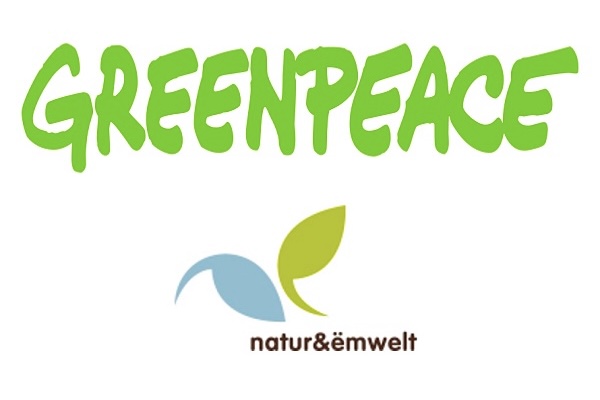
On Tuesday 17 June 2025, Greenpeace Luxembourg and natur&ëmwelt Asbl issued a press release calling on the Luxembourg government to honour its commitment and support the implementation of the EU Deforestation Regulation (EUDR).
The press release said that both associations have expressed concern over proposals to “simplify” the European Union’s Deforestation Regulation (EUDR), which was presented by Luxembourg's Minister of Agriculture, Food and Viticulture, Martine Hansen, and her Austrian counterpart at the Agriculture and Fisheries Council on Monday 26 May 2025, in Brussels, Belgium.
The associations confirmed that, as this issue falls within the responsibility of the environment ministries, they have written a letter to Luxembourg Minister of the Environment, Climate and Biodiversity, Serge Wilmes. In the letter, they call on him to respect the agreement which the EU adopted and to support the implementation of the regulation without reservation in accordance with the agreed timetable.
In the press release, Greenpeace Luxembourg and natur&ëmwelt Asbl stated: “In view of the record deforestation of tropical forests in 2024, the EUDR is one of the most effective instruments available to the European Union (EU) for combatting forest destruction and protecting the rights of those who depend on them.” They added: “We urge the Luxembourg government to fulfil its obligations under the EUDR by providing concrete support to economic operators, such as farmers, SMEs and forest owners, to help them comply with the law by the specified deadlines.”
According to the associations, at the end of 2025, the EU agreed to extend the implementation deadline for the EUDR by one year but would not change the content of the regulation and the new attempts to challenge the text are “a cause for serious concern”. Both organisations believe that any new initiative aimed at delaying the implementation of the regulation or undermining its structure would damage the EU's credibility and jeopardise the efforts of companies and third countries that have invested in compliance.
The associations believe that the introduction of “a zero risk” or “risk-free” categories would call into question the very foundations of the EUDR. Such a move would not only violate WTO rules but also obscure the actual risks of forest degradation – including within the EU.
The associations stated that the EU already classified all Member States as “low risk” under the European benchmarking system, which reduces the due diligence obligations for businesses and traders whose products originate in the EU. This means that companies have fewer obligations and small farmers and forest owners have even fewer. They emphasised that the remaining minimum requirements, such as product origin identification, are “essential to ensure supply chain transparency and integrity” and noted that claims that the EUDR is too restrictive for farmers and forest owners are “speculative at best”, given that the legislation will not come into force until June 2026.
According to Greenpeace Luxembourg and natur&ëmwelt Asbl, Europeans no longer want to buy products linked to forest destruction and added that “forests are vital for safeguarding the global climate and biodiversity”. They stated: “The EUDR protects sustainable supply chains against the introduction of non-compliant products. This regulation provides clarity for consumers, businesses and competent authorities alike, many of whom have already started preparing for its implementation.”
In their press release, both associations reaffirmed their support for the #Together4Forest campaign, a coalition of European environmental organisations that aims to support the implementation of the EUDR and stated that, if implemented, this law could protect over 8 million hectares of forest worldwide - an area roughly the size of Austria - from deforestation for the production of goods sold in Europe by 2035.








